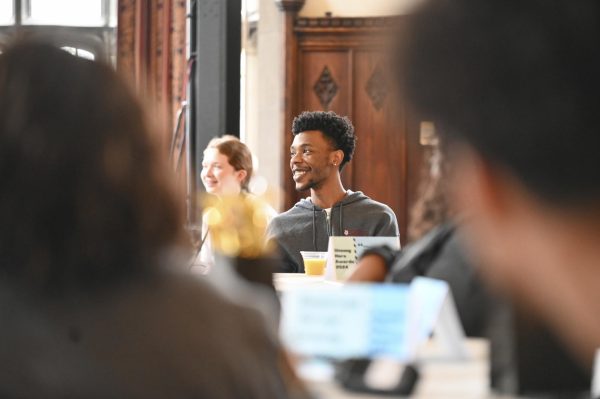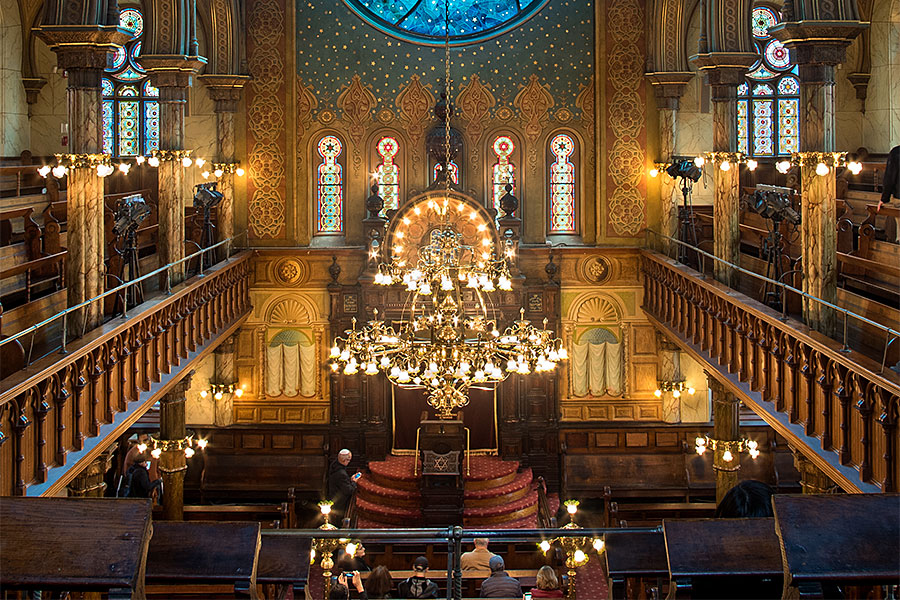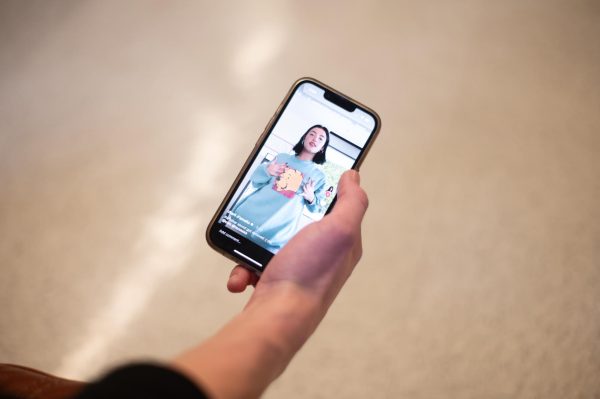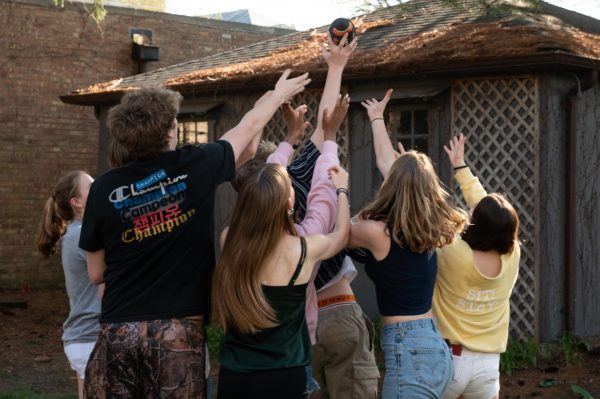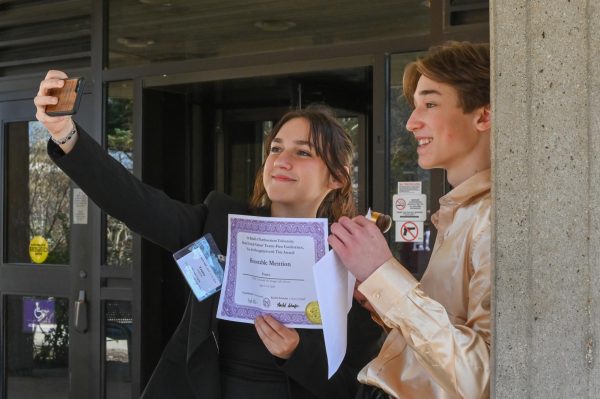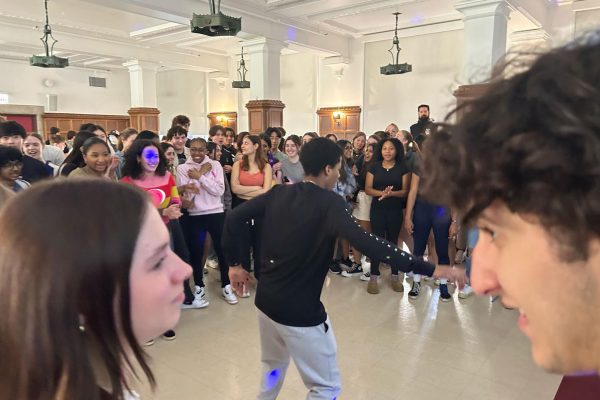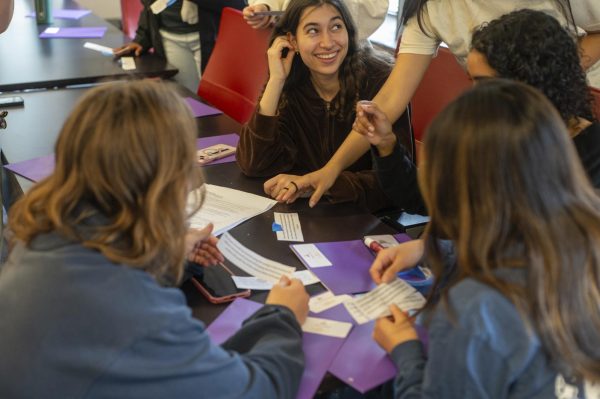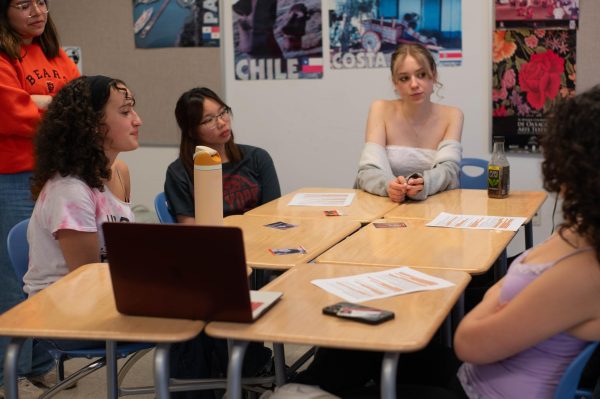JSA hosts discussion on anti-Semitic violence
In light of recent anti-Semitic attacks in New York and other areas, and to shed light on the national rise of anti-Semitism, the U-High Jewish Students’ Association hosted a discussion Jan. 10 about the means by which these acts of violence should be processed within the Lab community.
On Dec. 28, 2019, the last night of Hanukkah, five Jewish people were stabbed at a rabbi’s house in Monsey, New York. According to The New York Times, this attack was one of at least 13 anti-Semitic incidents that occurred in New York in December alone.
There’s never been a time where it’s quote-unquote safe to be in a synagogue, but this type of targeting — attacking Jews kind of at their most vulnerable — this is something that we’ve been seeing a lot more
— Nathan Appelbaum, president of JSA
JSA leaders hosted a discussion on Jan. 10 not only to reflect on these recent attacks but also to talk about the rise of anti-Semitism nationwide. Two videos, shown at the beginning, informed students of a recent increase in anti-Semitic attacks. The Anti-Defamation League, for example, released data in 2017 noting a 57% year-on-year increase, the greatest recorded since 1979. While this percentage has decreased since 2017, the actual number of people injured or killed has increased due to incidents like the 2018 Pittsburg synagogue shooting.
“There’s never been a time where it’s quote-unquote safe to be in a synagogue, but this type of targeting — attacking Jews kind of at their most vulnerable — this is something that we’ve been seeing a lot more,” JSA President Nathan Appelbaum said.
According to Nathan, the more frequent anti-Semitic incidents become, the more Jews of all ages are forced to live in fear.
“In a big place like Chicago and places where there’s a lot of Jews, we can easily say, ‘Oh that can never happen to me,’ there’s hundreds of cities, hundreds of synagogues, but we’re starting to feel that it definitely can happen to you,” Nathan said.
2019 alumna Rachel Zemil, who is Jewish and was at the Jan. 10 discussion, claims that education is key to making sure acts of anti-Semitism don’t repeat themselves.
“We should figure out ways that we can educate people on how to be more understanding of different cultures because I think a lot of it comes from just pure misunderstandings and not having contact with people who are Jewish when you’re growing up,” Rachel said.
Similarly, senior Gershon Stein believes that Lab should do more to integrate identity-based education into the school curriculum starting at earlier grade levels.
“It all kind of tied together into a very identity-focused curriculum my junior year, and I think that that needs to happen earlier, and it needs to be on a larger scale,” Gershon said during the discussion. “That’s the only way that you really start to break down bias.”



